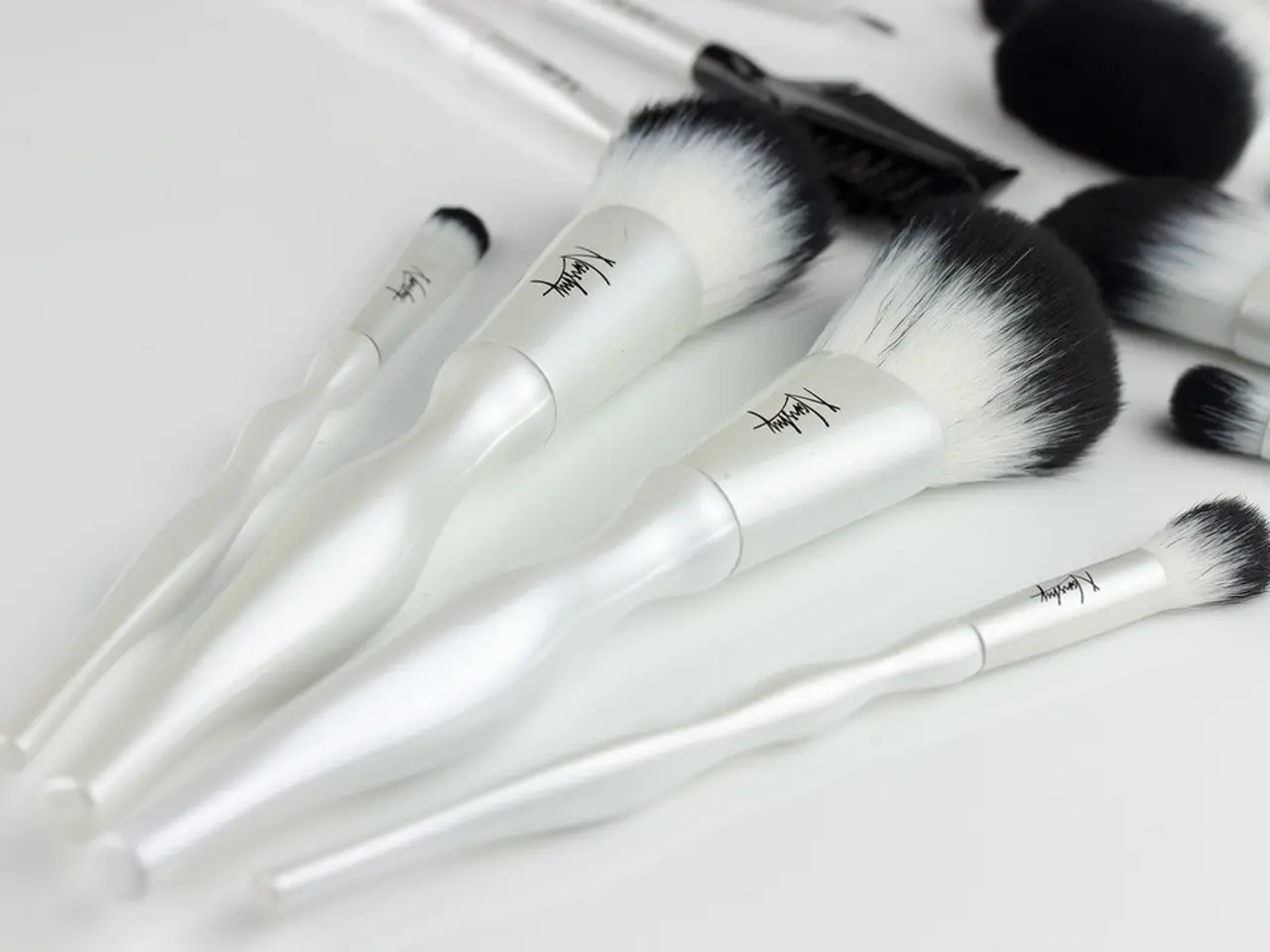Face Wash versus Cleanser: Differences Explored
In the realm of skincare, understanding the difference between cleansers and face washes is crucial for achieving optimal results. Both products serve the primary function of cleaning the skin, but their textures, formulations, and cleansing approaches vary significantly.
Face wash is typically a foaming or gel-based product that creates lather when applied to damp skin. It's designed to deeply cleanse pores by removing dirt, excess oil, and impurities. Face washes are especially effective for oily or combination skin, helping to reduce excess oil and clear clogged pores. They usually rinse off easily with water, providing a refreshing feel, making them ideal for morning use or for people needing a deep clean.
On the other hand, cleanser is usually a non-foaming product with a creamy, lotion-like, or milky texture. Its primary job is to gently dissolve makeup, excess oils, and surface dirt without stripping the skin’s natural moisture. Cleansers are better suited for dry and sensitive skin types and for situations where a gentler, moisturizing clean is needed. They focus more on preserving the skin’s natural barrier and hydration.
Here's a comparison table to help you better understand the differences:
| Aspect | Cleanser | Face Wash | |--------------------|---------------------------------|--------------------------------| | Texture | Creamy, lotion, or milky | Gel or foam | | Foaming | Usually non-foaming | Foams/lathers | | Cleansing strength | Gentle, dissolves makeup & oils | Deep cleans pores, removes oil | | Best for | Dry, sensitive skin | Oily, combination skin | | Primary goal | Remove impurities without drying| Remove excess oil & grime |
Choosing between the two depends on your skin type and concerns. Some routines may include both: a gentle cleanser to remove heavy makeup or oils, followed by a face wash to deeply cleanse pores.
When selecting a product, consider your skin type and specific needs. For dry skin, opt for a moisturizing face wash with hydrating ingredients. Cleansers are ideal for dry, sensitive, or combination skin types due to their gentle and hydrating properties. For oily skin, look for oil-free and non-comedogenic face wash formulas.
Face washes penetrate deeper into the pores for a thorough cleanse, making them more suitable for oily and acne-prone skin types. If you have sensitive skin, opt for hypoallergenic face wash products.
Remember, it is not advisable to use a cleanser without following up with a moisturizer. Cleansers help preserve the skin's natural oils, while face washes can sometimes strip these oils for a more thorough clean.
Face washes are available in various formulations, including gel-based, foam-based, and cream-based. Each formulation offers unique benefits, so it's essential to choose the one that best suits your skin type and needs.
In conclusion, understanding the differences between cleansers and face washes is vital for achieving optimal skincare results. By choosing the right product based on your skin type and specific needs, you can enhance the effectiveness of your skincare regimen.
- A key aspect in skincare is discerning the distinctions between cleansers and face washes for optimal outcomes, as they have varying textures, formulations, and cleaning approaches.
- Cleanser, often creamy, lotion-like, or milky, gently dissolves makeup, excess oils, and surface dirt without drying the skin, making it appropriate for dry, sensitive, or combination skin types.
- Face wash, typically a foaming or gel-based product, deep cleans pores by removing dirt, excess oil, and impurities, and is effective for oily or combination skin, helping to reduce excess oil and clear clogged pores.
- Choosing between cleansers and face washes is contingent upon one's skin type and concerns, with some routines incorporating both – a gentle cleanser for heavy makeup or oils removal, followed by a face wash for a thorough pore cleaning.
- For dry skin, select a moisturizing face wash with hydrating ingredients, while cleansers are suitable for dry, sensitive, or combination skin due to their gentle and hydrating properties.
- For oily skin, opt for oil-free and non-comedogenic face wash formulas, as face washes penetrate deeper into the pores for a thorough cleanse, making them more suitable for oily and acne-prone skin types.
- If you have sensitive skin, opt for hypoallergenic face wash products to minimize irritation.
- Always follow a cleanser application with a moisturizer, as cleansers help preserve the skin's natural oils, while face washes can sometimes strip these oils for a more thorough clean.




